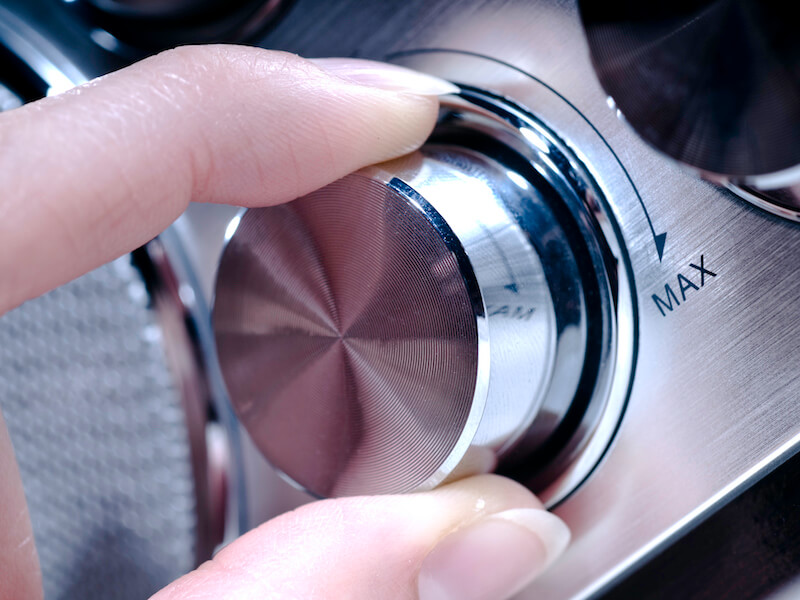
In some cases, it’s easy to identify when you need medical help. When you break your leg, for example, you know you should go to the doctor (or the emergency room, depending on the scenario). You could need a splint or a cast or supportive device, but the thing is that you’re not likely to try “toughing it out”. At least, not for that long (particularly if you want your bones to mend themselves correctly).
But in terms of hearing aids, it’s not always so easy to know when it’s time to get some assistance. Hearing loss normally progresses really slowly over time. This means knowing when to get treatment for hearing loss can be tricky.
So watching out for signs that your hearing is going is a good idea. If you notice any, it might be time to consult us about your first pair of hearing aids.
Hearing loss and hearing aids
Hearing aids are the main method of treatment for hearing loss. But that doesn’t mean everyone who has hearing loss will immediately need a set of hearing aids. In cases where patients have very mild hearing loss, hearing aids won’t always be helpful. As a result, we may want you to wait before starting to use them. Likewise, you may be instructed to wear hearing aids only in certain situations.
This means that just because you’re diagnosed with hearing loss doesn’t mean you will necessarily need hearing aids.
However, hearing aids will be the ideal solution in many cases. Many people won’t get their hearing loss diagnosed until it becomes more serious because hearing loss progresses slowly and often goes undetected for a while. Getting your hearing tested regularly is the key to catching hearing loss early and possibly mitigating the need for hearing aids.
And if that’s the case, you’re probably thinking: how can I tell if I need hearing aids?
Indications you need a hearing aid
Immediate communication challenges can be the consequence of hearing loss. The interesting thing, though, is that you don’t always understand that those communication difficulties are the result of hearing loss. So, at what point will a hearing aid help you?
Watch out for these signs:
- You listen to the radio or TV at high volumes: If you’re constantly turning the volume up on your television or radio or smartphone, it may be due to hearing loss. This is particularly true if you keep moving that volume knob higher (and even more especially relevant if the people around you complain about how loud your media is).
- Phone conversations sound muffled: Even the best phone speakers have a habit of flattening a voice. If you have hearing loss, this can make it even harder to understand conversations. Once again, particular frequencies are missing and the result is that it’s very hard to hear those voices.
- When people talk, you can’t always make out what they said: Many individuals don’t think they have hearing loss or need hearing aids because the overall volume they hear seems fine. But hearing loss is funny, it tends to impact certain frequencies before others. Which means that the vast majority of sounds could seem ordinary but things in the high frequencies (such as particular vowels) will be distorted. Consequently, you may have a difficult time making out what people are saying to you.
- You have a hard time following conversations in loud places: When people ask, “What are the signs of hearing loss?”, this one almost always comes up. If you have difficulty hearing conversations in noisy places, that’s usually a sure sign that you have hearing loss. This happens because your ears are not receiving as much information as they used to, and your brain isn’t really capable of filling in the gaps as easily. Because of this, there’s a lot of muffled conversations.
So what can you do?
When you break your leg, it’s clear cut what to do: you go see the doctor! But what do you do when you begin to detect the symptoms of hearing loss? How bad does hearing loss need to be to require a hearing aid? That’s not a very easy answer but you should schedule an appointment with us for a hearing assessment if you start to detect any hearing loss symptoms. We’ll be able to evaluate the health of your hearing and ascertain just how serious your hearing loss may or may not be.
A hearing screening will also help you get the most effective hearing aids for your requirements if you do indeed need hearing aids. Then you will be able to get back to enjoying good conversations with your friends and family members and doing the things you love.
Call us for a hearing exam so we can help you improve your quality of life.